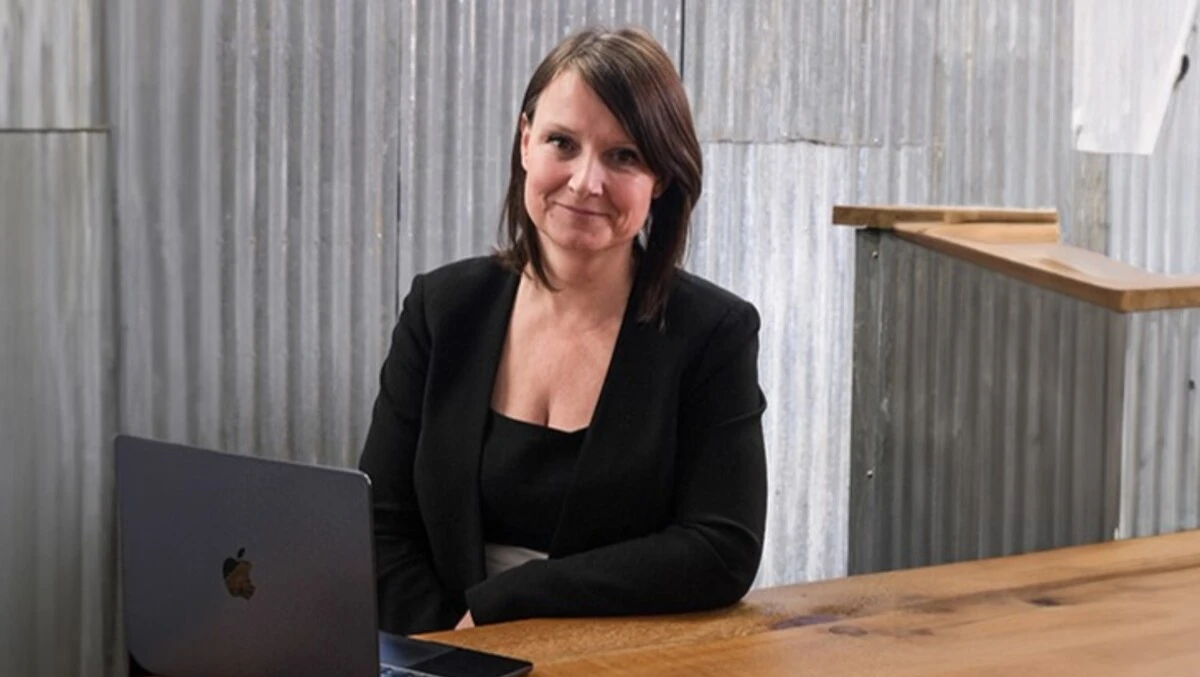
IWD 2024: Artificial Intelligence for hospitality: Think. Start. Do.
AI is all-pervasive. It's seeped into nearly every conversation, whether you work in technology or not. Technologists have a habit of using buzzwords and expecting others to telepathically understand not only what they're talking about but how it will underpin every factor of our personal and professional lives.
The hospitality industry has been mystified to some degree by AI. Through my conversations with hoteliers, it's abundantly clear that we need to stop for a moment and take time to think how hospitality can genuinely adopt generative AI in their business. It's time for technology providers to demist the windows and give clarity to the sectors that are ripe for technological change.
First, think.
Of hospitality C-suite executives, 94% believe artificial intelligence will impact their business within five years - although a little under half think the industry is average or below-average in implementing AI.
One fundamental truth about AI is that it needs data. The more data, the better and cleaner that data is, the more you will get out of any AI solution.
Large hotel chains have developed vast data lakes, which they can use to train AI systems and reap the benefits of the data they hold. But the sector isn't just big name brands - independent hotel groups and properties need to ensure they have data policies that don't just cover security and privacy of data, but the utilisation of data for commercial purposes, or they'll be left behind in delivering personalised customer engagement and experiences.
Start somewhere.
AI will provide incremental gains, and over time, a company's relationship with it should evolve. It's fuelling automation, enabling hotels to make improvements, from limited service hotels using digital kiosk check-in technology to luxury properties personalising every guest interaction. For many hotels, there are three areas where it can bring much-needed support today:
1. Revenue management and pricing
One of the biggest challenges for the hotel industry is having a robust yet flexible pricing strategy, one that can respond to market demand. It's one of the major sticklers commercially, collating and crunching numbers in hideous spreadsheets whilst trying to be one step ahead of the market as you chase demand.
Hotels can alleviate their teams of time-consuming tasks by turning to revenue management systems (RMS) which use AI to identify booking patterns and make pricing decisions. Senior revenue teams can use their skills to guide rates and optimise revenue, rather than inputting daily rate updates - even engaging with generative AI by interacting with the system through a chat interface, asking questions of the data to understand the rationale - and challenge, if needed - rate recommendations.
2. Marketing and guest engagement
Guest experience is everything in hospitality; guests want to feel special before they even set foot on the property. Integrating generative AI into marketing can freshen copy and refine processes, with more relevant insights about a hotel presented to its target audience.
AI is enhancing marketing, making the delivery of communications possible, and helping hotels drive more revenue through upsells and value-adds.
3. Accounts and invoices
Using robotic process automation (RPA) brings advantages to finance departments by managing accounts and invoices. Hospitality is too accustomed to using disparate systems which don't talk to one another, resulting in duplicated efforts and manually inputting data. AI provides a solution to this daily pain.
AI is capable of selecting data from one system and automatically inputting it into another, removing the need for repeated data entry and reducing the risk of input errors occurring. With a more streamlined process, teams have less administrative pressure and can focus on improving the guest experience.
Do!
For many, getting started in one area is often the first hurdle in using AI. Veryan Palmer, Director of Headland Hotel in Cornwall, started with a chatbot. Her aim was to reduce phone calls and remove the pressure from her front desk team. Harry Fielder, CEO of Umi, sourced guest review data and processed it through ChatGPT, asking questions to uncover guests' thoughts on unique aspects of a hotel. Such research can then be used to create powerful marketing communications.
Simple actions like these will help hoteliers build confidence in technology, leading them to explore other areas of their business where tech can improve operations and generate stronger bottom line results. When speaking to hoteliers about AI, the message from the tech industry needs to be simplified: Think. Start. Do.